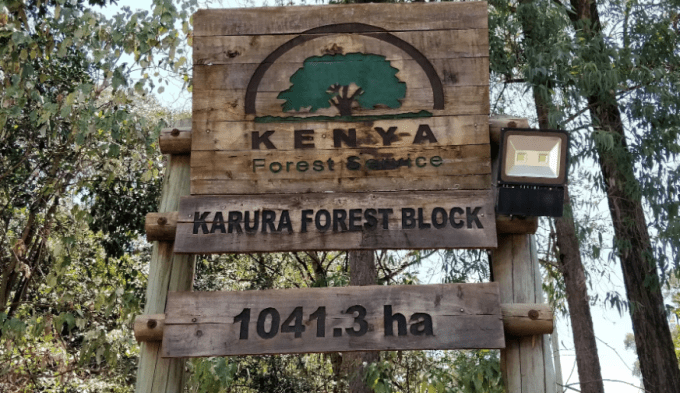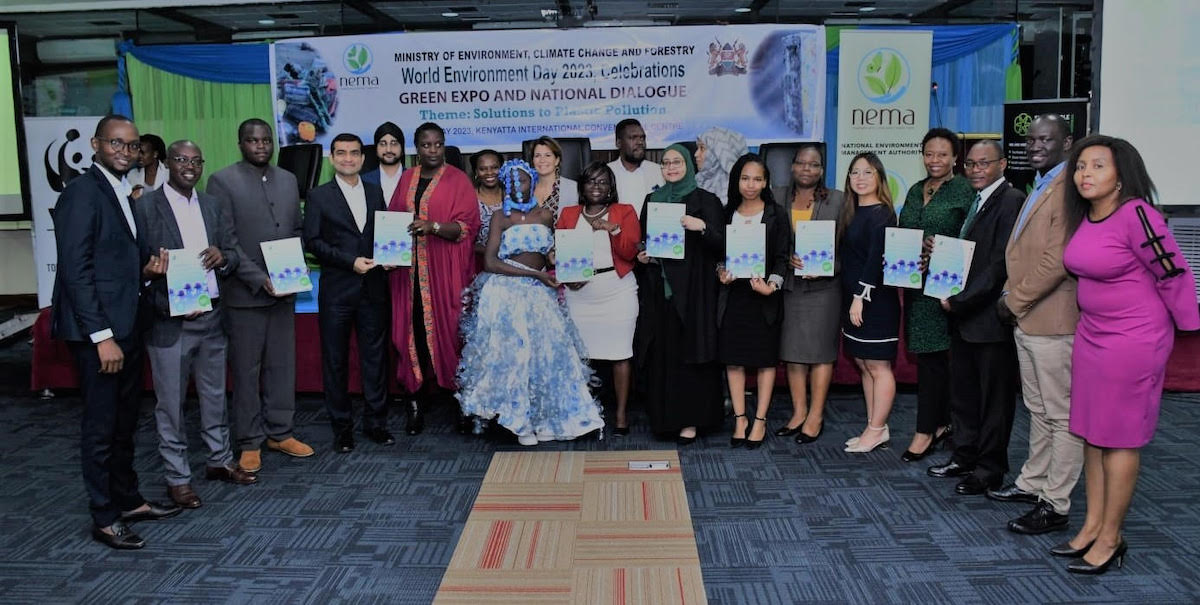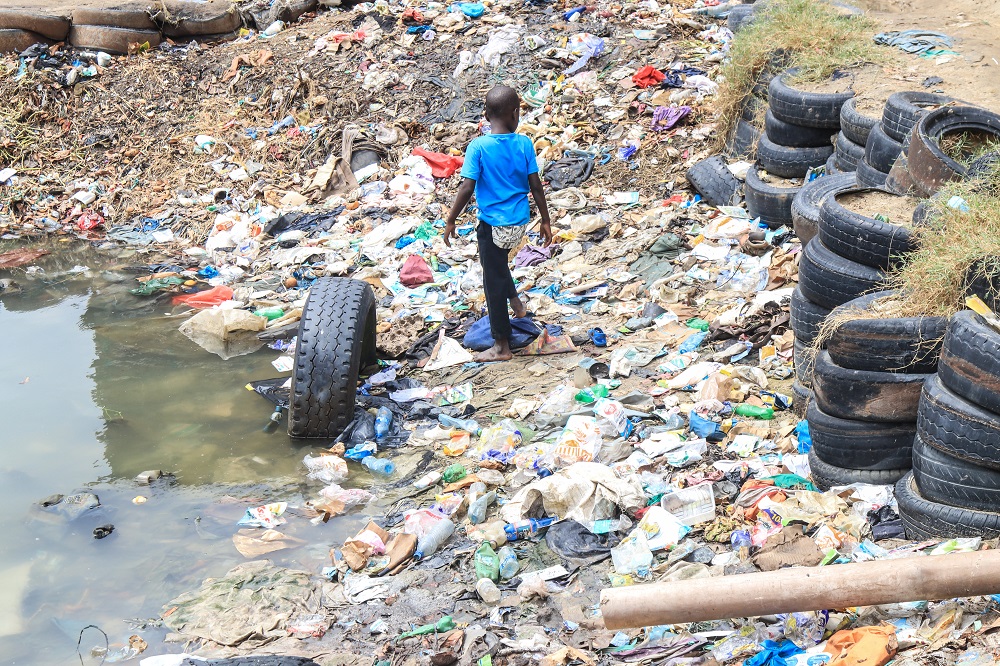Chandaria Industries has called on offices and businesses to join its recycling collection network in order to save more trees and cut pollution.
“It has been a benchmark of our environmental commitment at Chandaria Industries that three of our toilet tissue lines are made from recycled paper, employing more than 15,000 waste paper agents. But as demand for our products rises, and waste paper production falls, we need businesses to take the step into green thinking and join our collection network,” said Chandaria Industries CEO Darshan Chandaria.
Chandaria Industries recycles 40 tonnes of paper waste a day, but its supply fell by 5% between 2015 and 2016. The paper industry is a major contributor to air and water pollution. Recycling paper reduces water pollution by 35% and air pollution by 74%. It also curbs tree cutting, saves energy, and uses less water than manufacturing paper, as well as creating employment.
Since moving into paper recycling in 1985, Chandaria Industries estimates that its recycling plant has saved over 22 million trees, and drawn in trash that might otherwise have littered the streets of urban Kenya.

Figures show paper is still the third largest source of trash in many Kenyan counties, running close to the levels of plastic waste. But paper waste has not been growing as rapidly as organic and plastic waste.
In Kisumu, for example, paper accounted for 12.3% of municipal waste according to a NEMA assessment in 2015, ahead of plastics at 10.2%. But a Kisumu case study in 2016 found those shares reversed, with paper accounting for 10% of the city’s waste, behind plastics at 12.5%.
“The growth of paper waste has slowed as companies have automated their processes. But the ratio of paper waste is far higher for private companies and offices than for homes and for overall municipalities,” said Darshan.
“Yet private companies are often paying for general waste collections that go to landfill or for open burning, where simply setting aside a bin for paper waste could put them into a recycling collection network.”
Chandaria Industries recycles office waste in Kenya, and sends brown paper and cardboard to its sister company in Tanzania, Tanpack Tissues Limited, which uses the waste to manufacture cement bags that it distributes to cement making companies.
- The Chandarias who mint millions from the toilet
- Toilet paper lifts a manufacturer to super brand status
The biggest paper waste contributors to the recycling are currently banks, including the Central Bank of Kenya, government printing presses, private printing presses, and international organisations, with a typical delivery being voting papers from previous elections delivered by the Independent Electoral and Boundaries Commission.
Due to the confidentiality of most of these documents, these suppliers often deliver their paper waste themselves or have it collected directly by Chandaria Industries. But the company also runs a large network of agents, and works with paper waste collection companies, such as Kamongo Waste Paper Ltd.
“Across all our collection networks, recycling our paper resources is really an important step in managing our environment,” said Darshan.
Seven million hectares of forest are being lost each year to industrial agriculture production of commodities like palm oil, fabric, paper and logging, according to the Food and Agriculture Organisation’s 2016 State of the Forests report. Locally, Kenya loses up to 5.6 million trees daily, despite the many campaigns carried out on environmental conservancy.
Currently, Chandaria Industries manufactures toilet tissue brands namely; Toilex, Rosy and Dawn Pekee from recycled paper, as well as egg trays, counter rolls and brown paper under the Nyati brand. The products undergo bleaching at high temperatures and are taken through biocides in order to inhibit contaminants, making them user friendly.
The company’s dedication to protecting the environment has seen it recognised as the overall winner during this year’s Energy Management Awards by the Kenya Association of Manufacturers.
Previously, the company has won the Medium Consumer winner in the Overall Energy Management Award and was the first runners up for the Best Energy Management Presentation.
“There is still huge untapped potential to recycle waste paper in Kenya at the point that our own private sector steps into the game and starts recycling its paper waste,” said Darshan.













Leave a comment